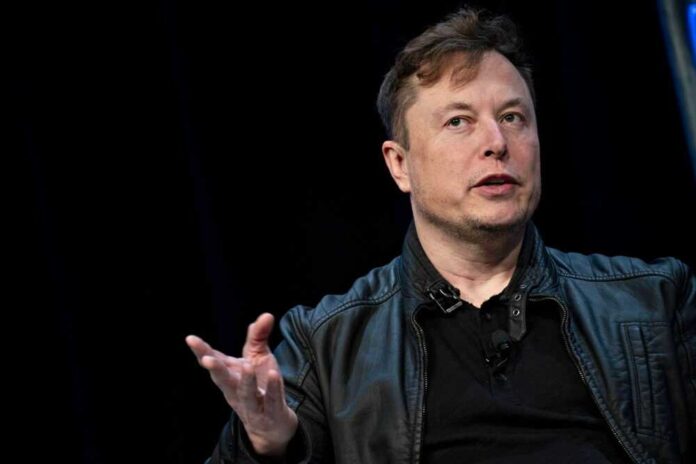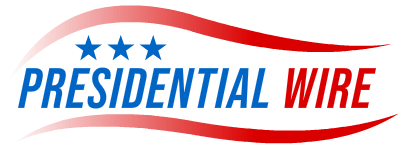
Since Elon Musk acquired Twitter in 2022, much fanfare has surrounded the popular social media platform and the well-known Tesla mogul. Musk has made headlines several times in association with Twitter, laying off a sizeable chunk of the company’s work force and even changing its name to “X”. Notably, Musk has been an unabashed, vocal advocate for a complete freedom of speech. Despite these assertions, recent reports allege that Musk may be regulating forms of speech on the revamped social media outlet. According to the Washington Post, the platform has been regulating the time it takes to load links to certain websites or services. A few examples of affected organizations include Facebook, Instagram, the New York Times, and Substack. Each of these sites experienced a five second delay in access time- markedly slower than other platforms loading at traditional speeds.
The organizations affected share one overarching correlation- all are either rival competitors of the platform, or simply companies that Musk previously has disliked. The New York Times was among several accounts on the platform to be stripped of an official “verification” checkmark after ownership on the platform shifted. Another company- Reuters- had published a report in recent weeks accusing Tesla of stifling assertions that the company had greatly exaggerated the distance their vehicles could travel before a charge was required. Critics allege that individuals who experience the delay in link load time may grow impatient and move on from whatever they had been attempting to access, hindering viewership and revenue in the process. While this strange activity raises questions, it should be noted that blatant censorship, such as removal of comments or posts for violating platform guidelines, has not occurred.
In a recent report, a Neuroscientist claimed one should only limit themselves to 30 minutes of scrolling on social media if they seek to maintain healthy levels of mental wellness. Social media has long been a detriment to mental health.














